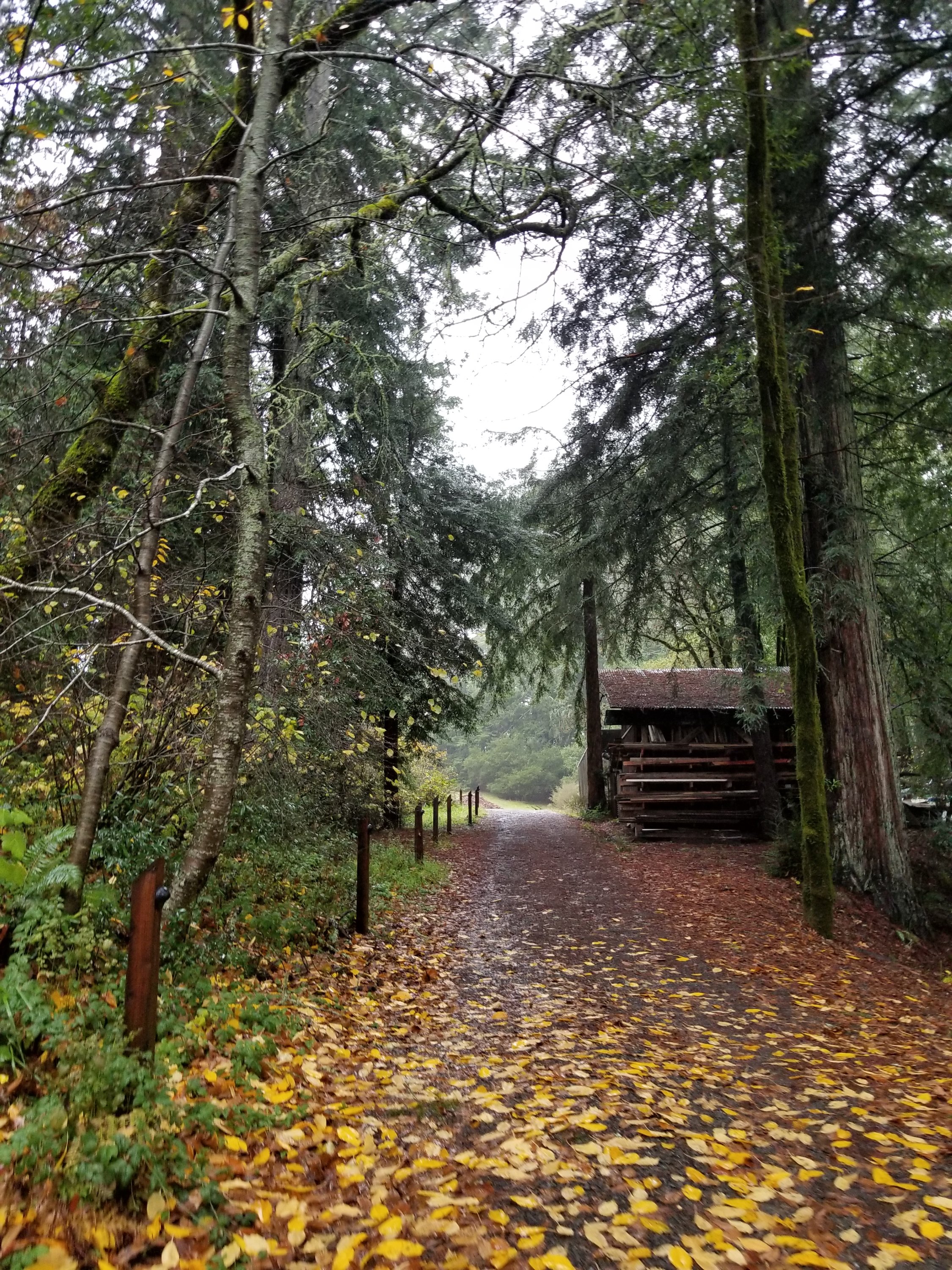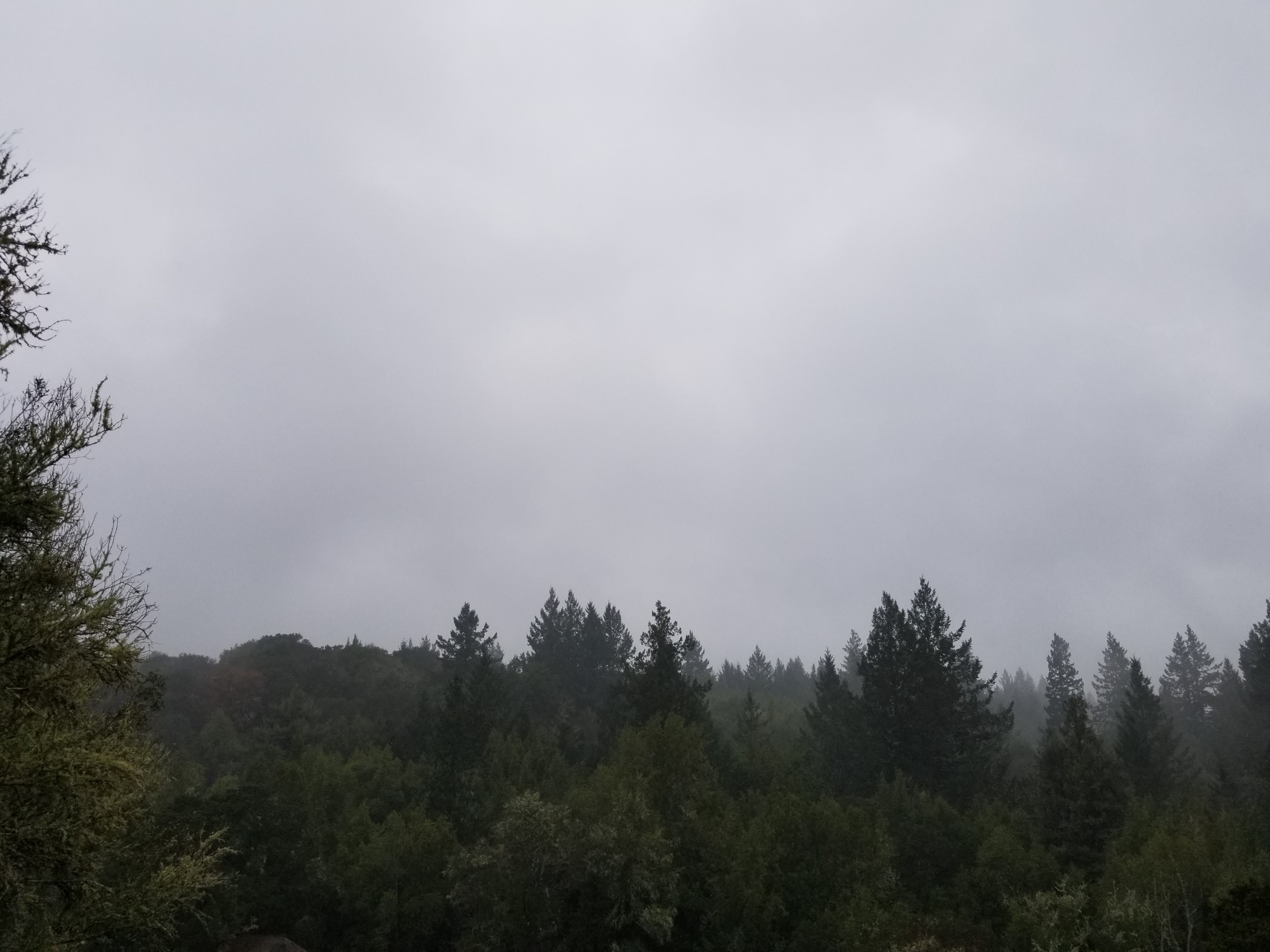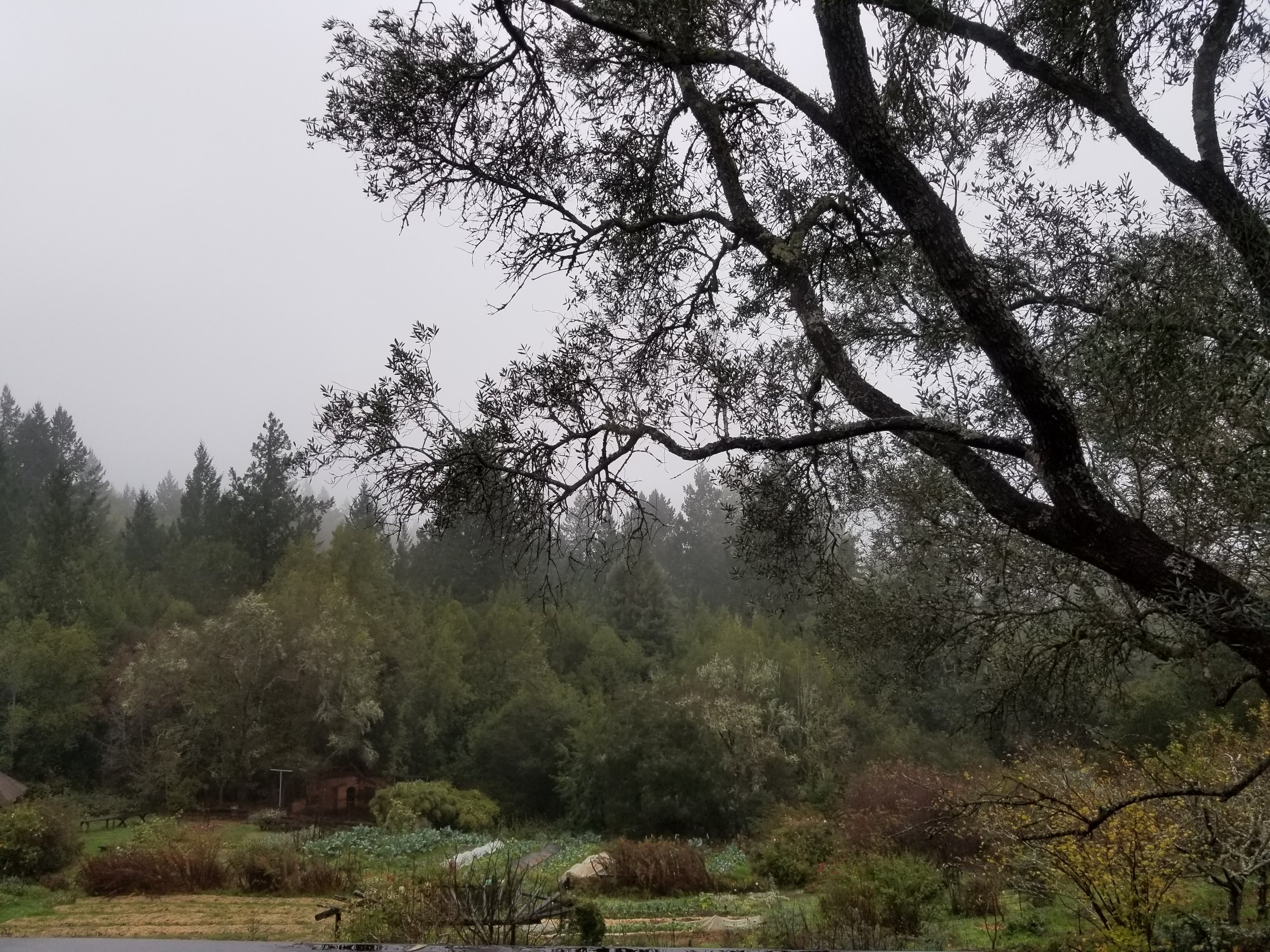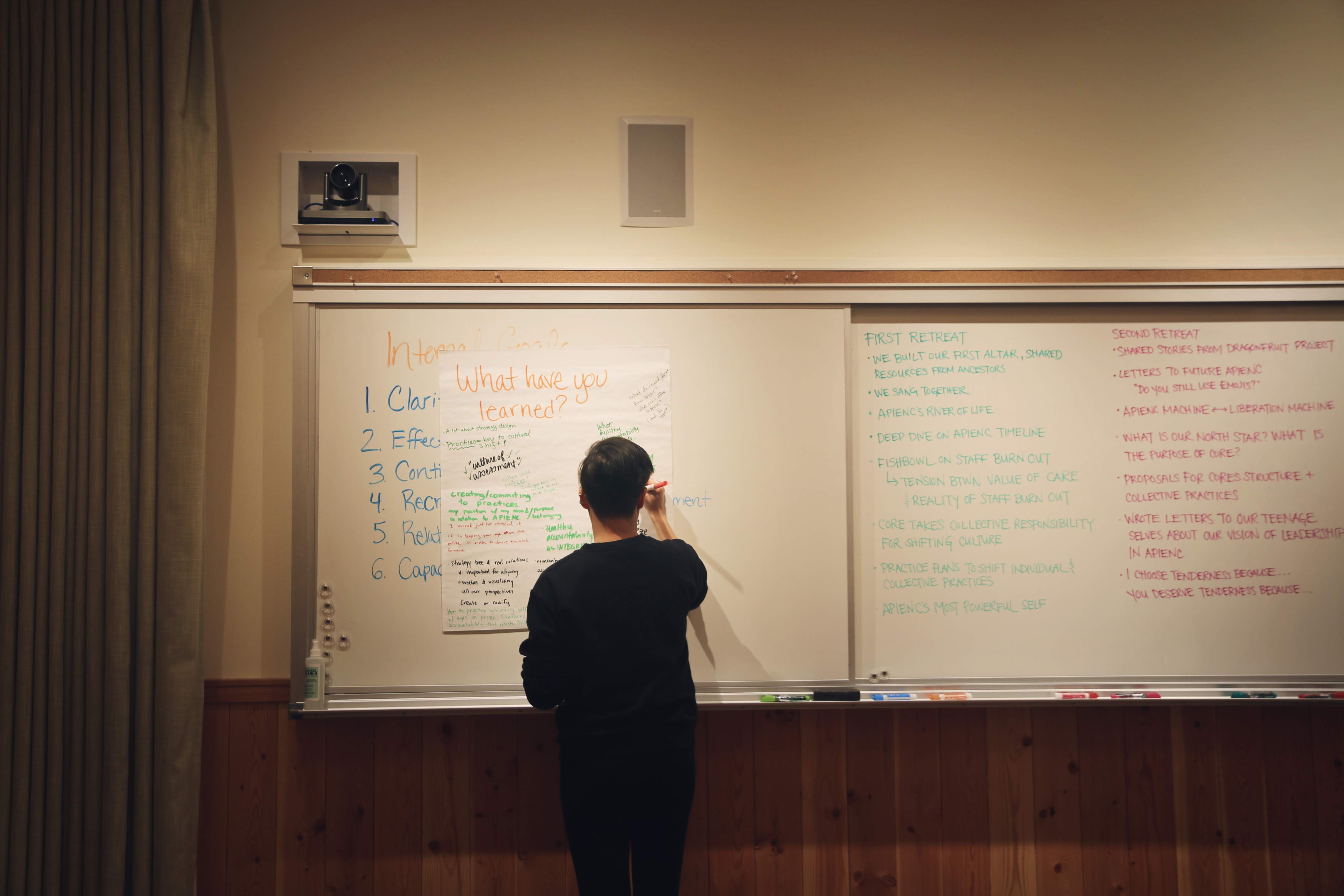This Has Been a Messy Year: Practicing Healthy Accountability
Avery Nguyen (they/them) is a member of APIENC’s Core Committee, and our Trans Justice Committee. After our retreats with the Wildfire Project, Avery wrote this reflection to share with the APIENC community.
This has been a messy year.
Besides the harms and injustices that have been affecting me indirectly, personally this year has been one of hurt: hurting others, being hurt, witnessing pain. Personally I am so thankful to have made it another turn around the sun, and that those pains have become lessons.
What I want from folx reading this who follow or support or contribute to APIENC’s work, is to think about collective growth from harm, specifically harm that’s come from within the community.
Though this lead-up would have you anticipate a call-out post describing community drama, this is not that. If you had a chance to read Mioi’s reflection in last month’s newsletter, you might remember her mentioning that APIENC’s Core Committee spent 2018 working with facilitators from an org called Wildfire. Over the course of three weekends, our Wildfire facilitators made space for us to re-ground in our power and the power of our ancestors, as well as unearthed unnamed tensions within the group that hindered our growth and our work.

Tensions themselves are not inherently bad. Just as you cannot label any emotion as bad by itself, a tension reveals a need. That need can be a conversation yet to be had, a community-building brainstorm, or an agreement to part ways. In the case of Core, which is comprised of about a dozen dedicated APIENC volunteers who had all come to the group on different paths, there were a bunch of tensions that had yet to be addressed at the beginning of the year. From figuring out what our collective purpose/role was (what we often referred to as “building the road as we walk it”), to better understanding the distinction between staff responsibilities and Core’s, to finally facing the harm and burnout that would be caused to staff if we couldn’t get ourselves organized. I thought these retreats were just going to be cute team-building exercises and brainstorming sessions, but it got real serious, real quick!
Throughout all of our retreats what I kept coming back to was how we, as a group, practice (healthy, grounded) accountability.
If you move in queer circles, lived with roommates, or participated in movement work (especially in the Bay Area), you likely have witnessed UNhealthy accountability¹. This accountability is transactional, punitive, pushes people to avoid holding or being held. It is practiced reactively, only after resentment has started to accumulate. It is accommodating to the needs of others at the expense of your personal boundaries. It is martyring yourself for the sake of the group. It comes at you sideways, feels out of pocket. It fears conflict. It does not move from a space of wanting to build with others, or grow from tension. It holds onto harm, demands retribution.

When our facilitators asked us how we’ve experienced this kind of accountability, stories and examples flowed readily. We were taught this as children and carry it on as adults: when people do “bad” things, they get punished. An eye for an eye. It makes perfect sense to most people. Throughout contexts, the punishments take different shapes but the results are often the same: disconnection, isolation, vengefulness, continued pain. As easy as it was to describe what we didn’t want accountability to be, it was just as difficult to imagine what healthy accountability could look like. It must be hard, or else why haven’t we seen it already? It must be complicated, because I’ve witnessed even dedicated activists cut each other out of community spaces. It seemed like an easier option than identifying the tension and growing from it together.
What is healthy accountability then? Healthy accountability is built on trust and care. It is iterative and layered. It knows the difference between guilt and shame. It acknowledges impact without judgment. It is relational. It is reciprocal and acknowledges power dynamics around emotional labor. It respects the wholeness of people, and leaves no one behind. It rejects martyrs. It is endlessly curious. It always moves with compassion (it also distinguishes between kindness and compassion).

A culture of healthy accountability is one that will take time and so much work to build. Especially as marginalized people. We carry the weight of our (ancestors’) traumas. Un/learning takes a lifetime, takes generations. It’s a layered and complicated process because being human is messy; being a human interacting with and trying to build with other humans? MESSY. We will all inevitably commit hurt as well as become hurt. How do we want to grow from it? What do we want to build? Within ourselves? With others? This is beyond self-care: this is community care. It’s an awkward road we traverse. We’re figuring it out as we go. We turn to our ancestors for guidance. We try things on. If something no longer fits, we try something else. We take breaks, we take care. There are growing pains. We get our people together, and we keep going.
I’m so, so thankful to have even begun a conversation like this with other QTAPI dreamers and builders. Let’s keep having them. Let’s grow. Let’s make our ancestors proud. Let’s make each other proud.


